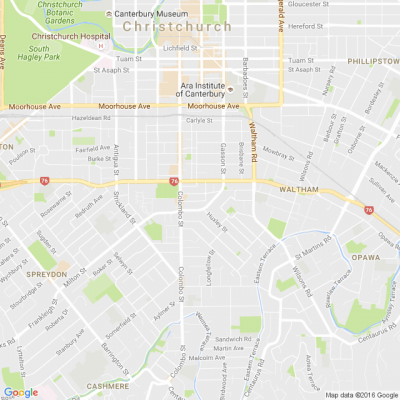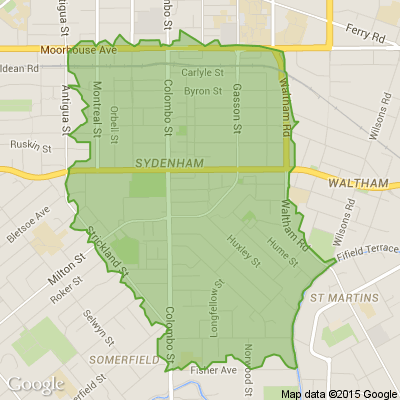Buying a cross lease property
Quite different from a fee simple title
New Zealanders love to talk about property. There are a multitude of topics relating to property that Kiwis have an intimate knowledge and understanding about which form the topic of water cooler and dinner conversation. The cross lease is just one of those many topics of conversation.
Traditional land ownership model
When you’re considering buying a house, you don’t envisage a cross lease form of ownership. You think of owning your own slice of land, subject only to the laws of New Zealand, and what your title says you can and can’t do. This form of ownership is called a fee simple title.
A cross lease is not the same as a fee simple title.
What are the differences?
When you purchase a cross lease property, you buy a joint share of the underlying land together with the other cross lease holders and you lease from the other cross lease holders the rights to the house/flat/building you will occupy. The terms of this arrangement are governed by a lease registered against the title to the land.
The main difference from a fee simple title is that you are not the sole owner of your land or your home. You own the property jointly with others.
Your rights, obligations and powers in relation to the property are subject to those other interests, and vary from situation to situation. Generally, you will need the consent of your fellow cross lease holders to carry out any structural renovations or any major maintenance or other works to the property you lease. More minor restrictions can extend to the number of pets you are able to keep.
There are general leasing principles to adhere to, such as ensuring that you don’t create a nuisance and allowing the other cross lease holders to quietly enjoy their tenancy. A commonly neglected and overlooked provision is the requirement in most cross lease documents to have a joint insurance policy with the other cross lease holders.
How can you address your obligations?
There is nothing that can’t be done without agreement and, of course, the cost of doing so.
Initially, we recommend talking with us to discuss the issues associated with owning a cross lease property. This should happen before you buy, not afterwards. We will give you an overview of cross leasing and discuss the potential issues you will need to deal with if you purchase the cross lease of that particular property. We will also review the cross lease document and advise you of its terms. It is imperative that you understand the nature of this form of property ownership before you are committed to purchase a property on a cross lease title.
There are other potential issues (which sit outside the scope of this broad-natured article) which we will need to check at this stage as well, such as the aerial plan for the cross leases to ensure that is accurate and doesn’t result in a defective title.
It is better to have an understanding of the issues before you commit to purchase rather than attempting to remedy them after you take ownership.
Most matters relating to cross leasing can be dealt with by agreement between you and the other cross lease holders and their lawyers. However, the cost of attempting to remedy any issues may well be prohibitive for most people and getting other people to agree to what you want and need is never something that should be relied upon.
Although there are significant differences from a fee simple title and sometimes difficulties with purchasing a cross lease property, many thousands of properties in New Zealand operate under this structure with no problems whatsoever. It is important though to understand how cross leasing works and how it differs from what many consider to be the traditional land ownership model.
If you are considering buying a cross lease, the most important thing is to be well-informed and enter into owning one with your eyes wide open.
A cross lease can often be converted to a fee simple title with consent of the other parties involved and their lawyers, and a surveyor. It can be a relatively straightforward process, however costs can vary significantly depending on the characteristics of your particular situation.
If you’re considering buying a property on a cross lease, talk with us early on. It will be time well spent.
Poll: Should the government levy industries that contribute to financial hardship?
As reported in the Post, there’s a $30 million funding gap in financial mentoring. This has led to services closing and mentors stepping in unpaid just to keep helping people in need 🪙💰🪙
One proposed solution? Small levies on industries that profit from financial hardship — like banks, casinos, and similar companies.
So we want to hear what you think:
Should the government ask these industries to contribute?

-
60% Yes, supporting people is important!
-
25.7% No, individuals should take responsibility
-
14.3% ... It is complicated
Poll: Do you have a go-to adverse-weather checklist for your family? ☔⚠️
As reported in the Press, the same low-pressure system that lashed the North Island over the weekend is now making its way south, bringing heavy rain and strong winds with it. It’s a soggy start to the week for many of us.
With more wild weather on the cards, we’re curious: do you have a go-to adverse-weather checklist for your family? Or are you more of a “grab the torches and hope for the best” household?

-
44.4% Yes - we like to be prepared
-
38.9% Nah
-
16.7% This is on my to-do list!
A Neighbourly Riddle! Don’t Overthink It… Or Do?😜
Do you think you know the answer? Simply 'Like' this post if you know the answer and the big reveal will be posted in the comments at 2pm on the day!
If you multiply this number by any other number, the answer will always be the same. What number is this?







 Loading…
Loading…